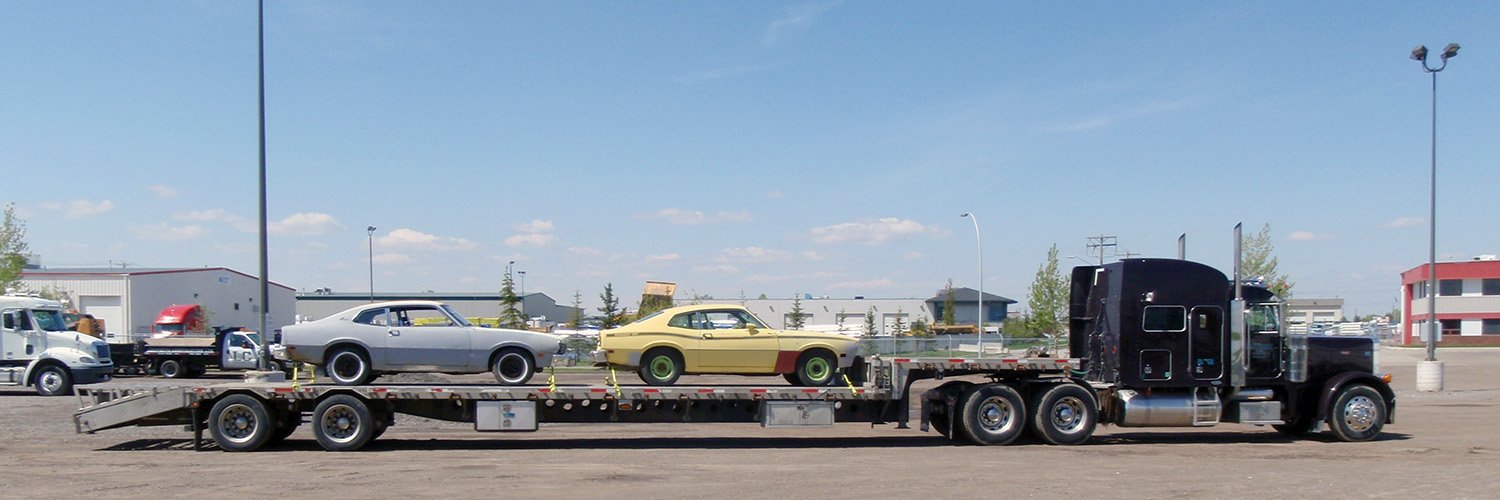Maverick
It was all the fault, or the bright idea, of Samuel Augustus Maverick, who lived from 1803 to 1870. Descended from an old and notable New England family, he sought his fortune in Texas and there inadvertently made a name for himself. He took up cattle ranching. In Texas cattle grazed on the open range, without fences to keep one herd separate from another, and thus there was much opportunity for theft and disputes over ownership. To identify their cattle, ranchers branded them, rounding up the calves each year for this purpose.
But Maverick put no brand on his cattle. Stories about “old man Maverick” give various reasons for his abstinence: he was lazy; he objected to the cruelty of branding. Whatever the reason, if he had been an ordinary citizen, this practice would have put him at the mercy of other ranchers, who would have appropriated his cattle and marked them with their own brands. But Maverick was influential: mayor of San Antonio, member of the Texas legislature, and holder of 385,000 acres, he was able instead to claim that any unbranded calf was his. And so, either in earnest or in jest, the name maverick was applied to all cattle without brands. In 1867 a writer complained, “The term maverick which was formerly applied to unbranded yearlings is now applied to every calf which can be separated from the mother cow --the consequence is, the fastest brander are accumulating the largest stocks.” It was too good a word to leave to the cattle. What better word to use for a politician who was “unbranded” by a party label, not “owned” by special interests? In 1886 a San Francisco publication called the California Maverick defined it: “He holds maverick views” means “his views were untainted by partisanship” A Massachusetts politician declared in 1905, “I am running as a maverick; I have no man’s brand upon me.” A maverick is an independent thinker.








